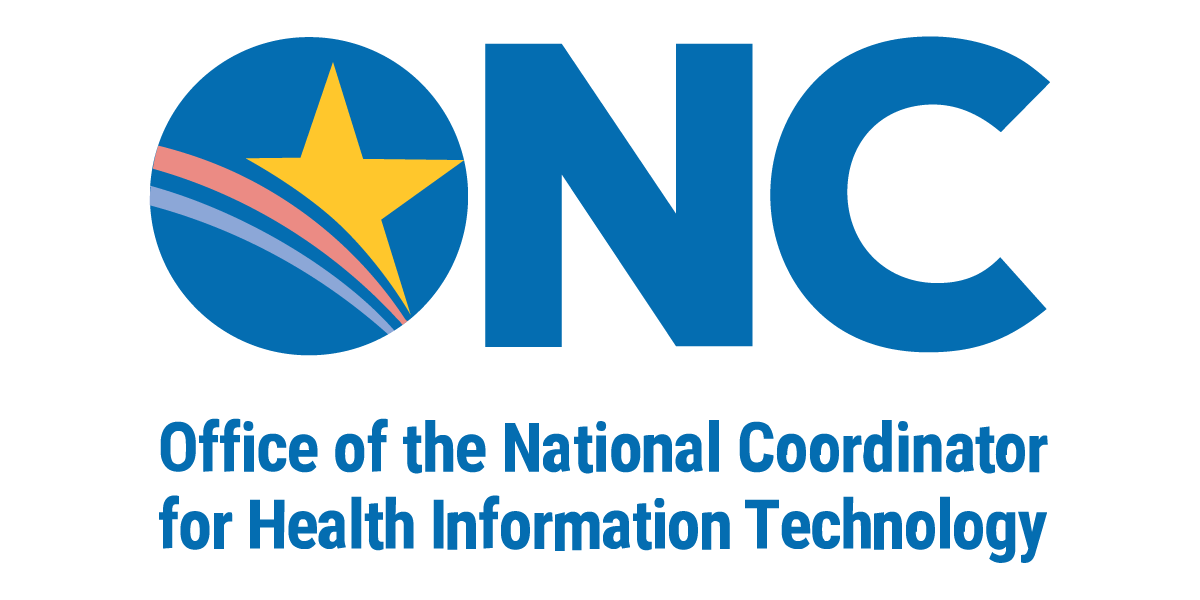ONC’s USCDI+ program recently reached a milestone as part of a joint initiative started in August 2022 with the Health Resources and Services Administration (HRSA). HRSA and HRSA Health Center Program grantees launched one of the first real-world implementations using the Health Level 7 International (HL7®) Fast Healthcare Interoperability Resources (FHIR®) Bulk Data Access standard as part of a federal program.
News & Updates
The exchange of health information is crucial for delivering efficient and effective patient care. However, as you may know, interoperability challenges have hindered smooth data exchange among healthcare providers, which causes fragmented care and compromised patient outcomes. To address these issues, TEFCA was introduced by the U.S. Department of Health and Human Services’ (HHS’) Office of the National Coordinator for Health IT, or ONC. At its core, TEFCA is a set of principles and requirements for secure information-sharing among health information networks across the U.S., and it serves as an outline for establishing a common set of principles, terms, and conditions for the trusted exchange of electronic health information.
It’s time for our favorite summer tradition—this time on a new platform! The annual comment period for the Interoperability Standards Advisory (ISA) will be open June 12 – August 12, 2024. This year we’re launching a new Interoperability Standards Platform (ISP) to house not only ISA, but all our other important standards initiatives, including the United States Core Data for Interoperability (USCDI), USCDI+, Standards Version Advancement Process (SVAP), and many more.
Today, we stand on the cusp of the next evolution in interoperable healthcare delivery through an Office of the National Coordinator for Health Information Technology (ONC) supported national framework: the Trusted Exchange Framework and Common Agreement (TEFCA). TEFCA, through the designation of Qualified Health Information Networks (QHINS), aims to create a single 'on-ramp' to nationwide connectivity, simplifying the process for patients, providers and authorized healthcare participants to share health information securely and efficiently. This framework represents the ambition to achieve a national interconnected health system.
Increasing interoperability has the potential to help long-term care providers address some of their worst pain points, experts pointed out at a McKnight’s Online Forum session Tuesday. Ongoing partnerships between the federal government and businesses are pushing toward creating seamless and accurate information sharing between networks — driving efficiency, improving care outcomes and reducing burnout for care workers — predicted speaker Micky Tripathi, PhD, national coordinator for health information technology at the US Department of Health and Human Services. “It’s such a critical part that is overlooked in terms of how important it is and what the burdens are across the entire system,” Tripathi said, “especially on those LTPAC [long-term and post-acute care] providers who are at the receiving end of this deluge of information.” Tripathi described ongoing government efforts to create a “nationwide network of networks” — the Trusted Exchange Framework and Common Agreement (TEFCA). Providers signing onto the agreement would be able to receive streamlined and accurate information from other providers all across the country — reducing paperwork and admin time while also ensuring only the most relevant data is shared.






